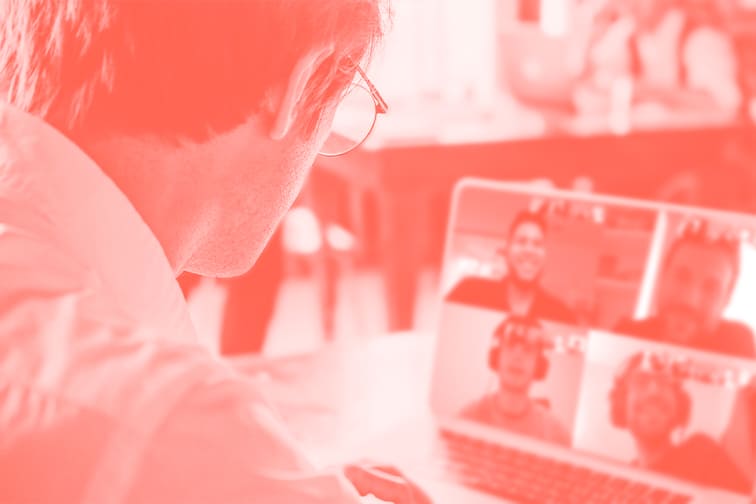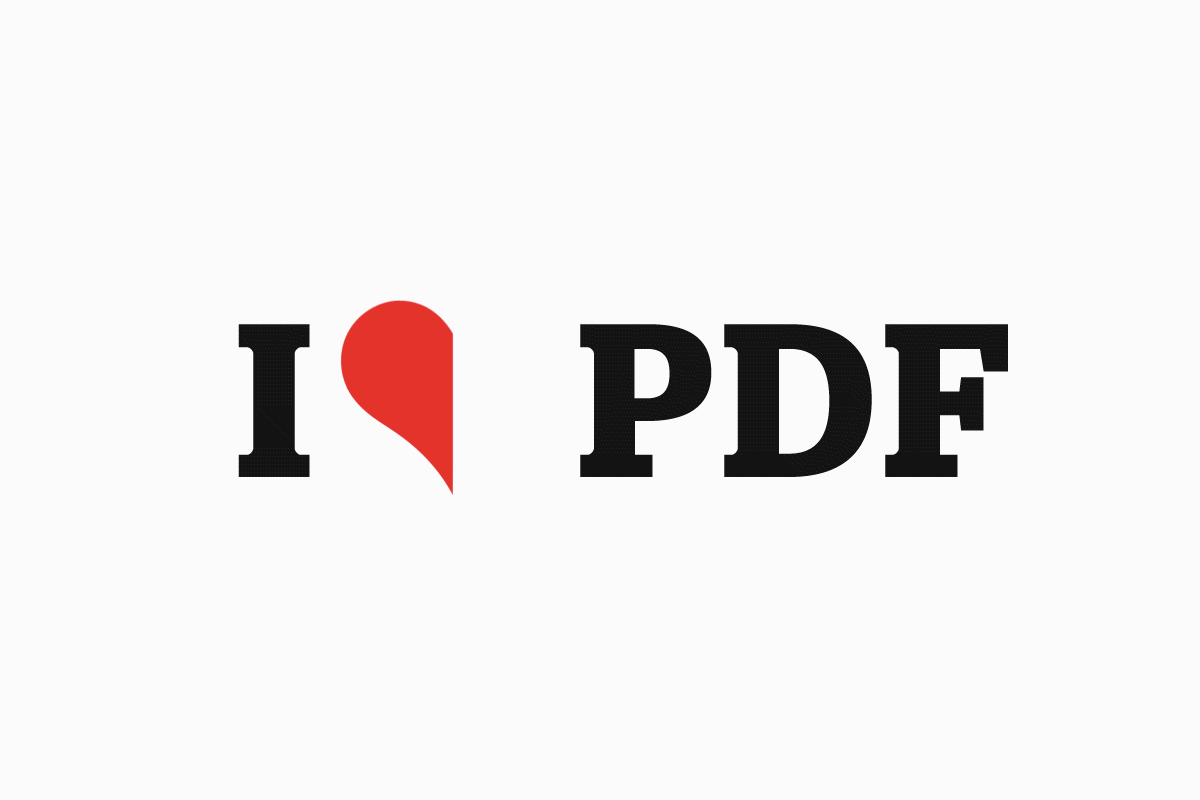5 lessons learned from leading a team in a crisis
Founder and CEO of iLovePDF Marco Grossi shares his response to the pandemic and how the team plans for years to come

COVID-19 has presented many different types of challenges to businesses worldwide.
However, one challenge that every business has in common is how management has adapted in order to support their workforces, while ensuring the long-term success and continuity of their organization.
These months of crisis have been a defining moment for anyone running a business. The disruptions caused by the pandemic have made them need to re-evaluate how they are leading their organization, what takes priority, and how to prepare for the future.
Leading a team in a crisis is no easy task. We spoke to our CEO Marco Grossi, to find out what lessons he has learned from the pandemic and his strategy for the next few years. This is what he told us:
During these months of crisis, what have been the biggest challenges for iLovePDF?
I think the biggest challenge has definitely been ensuring the health and safety of the whole team, while at the same time making sure that we have stayed unified.
As soon as the new COVID-19 restrictions came into effect here in Barcelona, we have needed to adapt to new ways of communicating to keep the team spirit going while working from home.
1. Virtual communication is key
How have you kept communication going while working from home?
Maintaining this cohesion while working remotely has required us to find new ways of communicating. For example, before the pandemic, digital tools such as Slack were mainly used on a professional level to organize projects and streamline workflows between departments.
When we started working remotely, Slack suddenly became an essential social tool as well. It was fundamental for staying connected with one another. For example, I scheduled daily morning meetings on Slack via video call to check in with the team.
Everyone was also kept engaged and motivated through non-work-related calls, social channels, and virtual activities such as Friday ‘happy-hour’. All these things made a huge difference.
2. Provide flexibility wherever possible
What support has your team needed during the crisis? How have they received it?
Due to cases being extremely high, Spain faced some of the strictest lockdown rules compared to other countries. For some weeks we couldn’t even leave the house to go outside and do exercise.
This obviously had a big impact on members of the team, some of whom experienced some unexpected personal challenges. We looked for ways these employees received the emotional support, time and flexibility that they needed.
As soon as the government lifted some of the lockdown rules during the summer we have been able to keep the office open to provide flexibility to those who need it, while taking all the necessary precautions to avoid spreading the virus.
For example, we have a schedule in place to rotate days of attendance in order to limit the number of people in the office each day. The windows are also left open for ventilation. In addition, the company has provided COVID-19 tests to those who asked for them, as well as a constant supply of face masks and hand sanitizers.
3. More than ever, leading a team requires patience and trust
Do you think the qualities of a person running a company have changed since COVID-19?
I don’t think the qualities have changed, but I think patience, trust, and maintaining constant communication with your team are the qualities that stand out more than others during this time.
Business leaders also have their own personal struggles and stresses to deal with as a result of the pandemic. How have you dealt with them?
At times I have been nervous and stressed about how the pandemic might be affecting my employees. Constant communication with every member of the team helped ensure that any problems which arose from the new work-from-home setup were effectively resolved.
On a personal level, my wedding was cancelled, as well as some important product events. However this taught me to be less plan-driven and more purpose-driven. Plus none of these things are as bad as what many other people are going through right now as a result of the pandemic.
4. Digital is an imperative for the future of every business
How has the pandemic affected the way iLovePDF operates?
Being a digital company, we have luckily been able to adapt relatively easily to the new restrictions. The company facilitated all the necessary equipment and resources such as laptops and headsets to ensure that everyone could continue working from home just like they did in the office.
Since COVID-19 has forced businesses and organizations to close their offices, remote workers have needed to search for affordable, digital alternatives to their previous office-based document management solutions.
As a result, iLovePDF has received an influx of users over the past 12 months, which has meant a lot of hard work from the team. But we’re just really happy to be able to continue working and help companies, employees and students in some way during this complicated time.

When cases were extremely high in March 2020, Barcelona was hit with some of the strictest lock-down rules. Looking back on this period, would you have done anything differently?
Although the team received the support and flexibility they needed during that time, looking back, I think I’d have implemented some new things sooner. For example, we have recently trained our not-so-technical employees to use Github in order to better organize the virtual workflow between departments.
If we had bridged the communication gap between the techies and non-technical people sooner, perhaps we could have been more efficient from the word “go”.
5. Don’t depend on others financially
What do you think firms today need to do to be prepared for the future?
First of all, I think companies need to have extensive safety measures already in place to prepare for situations like COVID-19. Secondly, if possible, avoid depending on investors. Not having to rely on others financially will certainly stand your company in good stead for the unpredictable future.
Finally, I think we need to embrace all the digital tools that today’s technology has to offer us. Digital is the future, so getting the digital transformation under way now will set your company up for success in the long term.
How does iLovePDF need to evolve?
In terms of how we work, virtual communication can be effective, but I firmly believe that nothing can replace the face-to-face interaction with my teammates. For that reason iLovePDF is expanding the office to make space for everyone to be able to work there together, while still keeping the safe COVID distance.
In terms of iLovePDF as a service, we are constantly adapting to meet the needs of the remote workers and businesses of tomorrow. For example we recently launched our new eSignature service which allows people to sign agreements online using Digital Signatures without needing to be in the office.
Finally, what is your biggest piece of advice to give any business out there?
On a practical level- You can never be completely sure of what is around the corner, so making sure you have the right safety protocols, technology and equipment to continue working - no matter where you are - is priority.
On a personal level- Building trust and a close relationship with your team is really important.
Finally, offer a product or service that people need. If you have a good quality product that people trust and rely on, your business is here to stay.
Are you working from home? If you are looking for ways to be more productive away from the office, check out this list of Top 5 essential PDF tools for effective remote working.
Безопасно в нашите ръце
- Без значение кой инструмент използвате, ние използваме криптиране от край до край, за да осигурим най-висока защита срещу кражба или прихващане на вашите документи.
- Всеки документ, качен в нашата система, се изтрива автоматично след 2 часа, за да се предотврати неоторизиран достъп на трети страни.
- Всички наши сървъри са защитени съгласно европейското законодателство, едно от най-рестриктивните в света.

